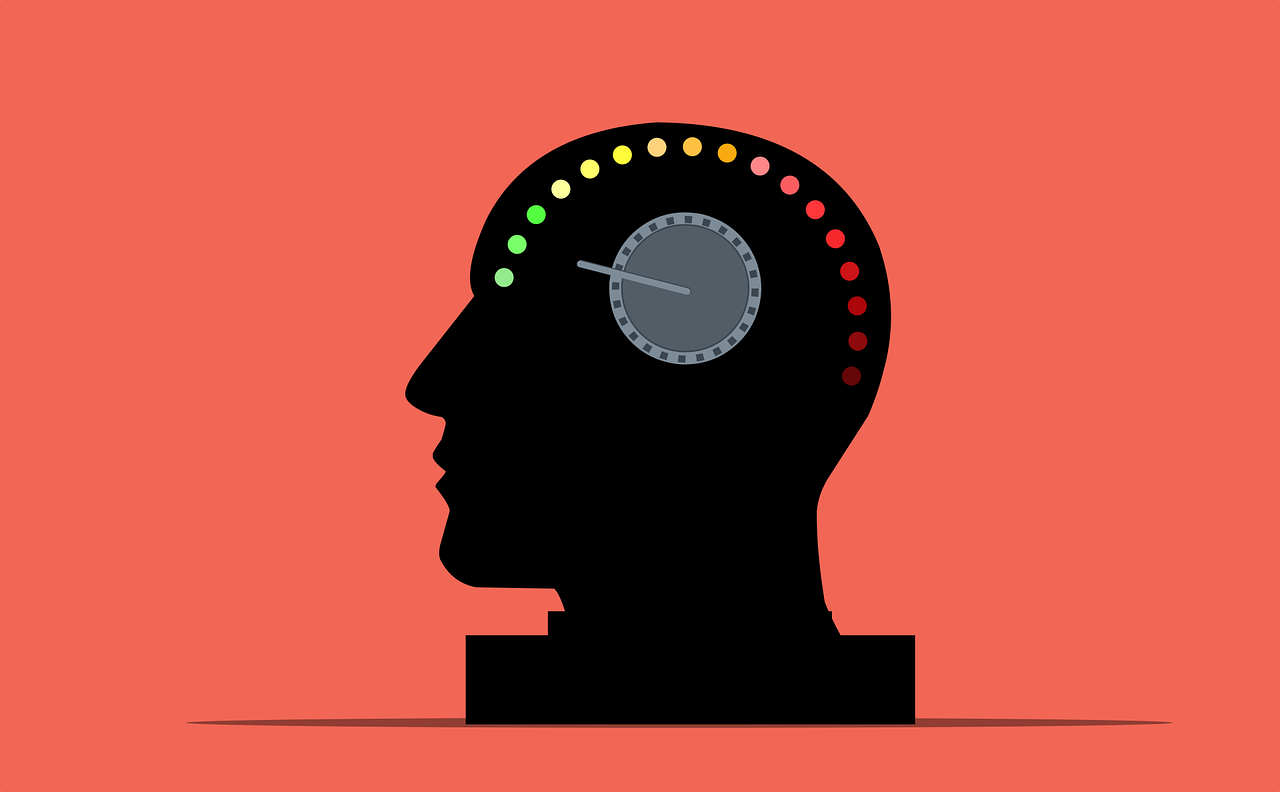In the journey towards personal and professional growth, the mindset we choose to adopt plays a fundamental role. Two contrasting mindsets, the fixed mindset and the growth mindset, significantly influence our attitudes, actions, and ultimate success. In this article, we will explore the characteristics of each mindset, examine their effects on individuals’ lives, and highlight the benefits of embracing a growth mindset.
Beliefs about Intelligence and Abilities (Approximately 300 words): The fixed mindset revolves around the belief that intelligence, talent, and abilities are fixed traits determined by genetics or inherent qualities. Those with a fixed mindset see these traits as unchangeable and limited. They believe that their abilities are predetermined, and they have a fixed amount of talent or intelligence that cannot be significantly developed or improved. This mindset can lead to a sense of helplessness and a lack of motivation to challenge oneself or strive for improvement.
On the other hand, the growth mindset holds the belief that intelligence and abilities can be developed and expanded through effort, learning, and perseverance. Individuals with a growth mindset understand that potential for growth and improvement exists within them. They believe that their abilities are not fixed and can be nurtured and enhanced over time. This mindset fosters a sense of optimism and a willingness to embrace challenges as opportunities for personal development.
Response to Challenges and Setbacks
When faced with challenges, those with a fixed mindset tend to avoid them or give up easily. They perceive difficulties as obstacles that highlight their limitations and may feel discouraged. Since they believe their abilities are fixed, they are more likely to choose tasks that they are already comfortable with, avoiding situations that may expose their perceived weaknesses. This avoidance of challenges limits their potential for growth and learning.
In contrast, individuals with a growth mindset embrace challenges as opportunities for growth. They see challenges as a chance to stretch themselves, acquire new skills, and expand their knowledge. Instead of being discouraged by setbacks, they view them as temporary obstacles and opportunities to learn. The growth mindset enables individuals to persist in the face of obstacles, seek solutions, and apply effort to overcome difficulties. This resilience and determination allow them to develop new abilities and achieve higher levels of success.
Effort and Hard Work
The fixed mindset may lead individuals to believe that effort is fruitless since they perceive abilities as fixed traits. They may think that no matter how much effort they put in, their innate abilities will not change. Consequently, they may prioritize looking smart or talented rather than investing in the process of learning and growth. This mindset can result in a fear of failure, as individuals may avoid challenges that could potentially expose their perceived lack of natural ability.
Conversely, the growth mindset recognizes the value of effort and hard work in developing skills and achieving success. Those with a growth mindset understand that sustained effort is necessary for growth and improvement. They believe that through dedication, practice, and perseverance, they can develop new abilities and enhance existing ones. The growth mindset fosters a love for learning and a focus on the process rather than solely the outcome. It encourages individuals to embrace challenges and put in the necessary effort to reach their goals.
View on Criticism and Feedback
The way individuals with fixed and growth mindsets respond to criticism and feedback also differs. Those with a fixed mindset often take criticism personally and become defensive. They may interpret feedback as an attack on their abilities or character, which can hinder their ability to learn and grow. This defensiveness may stem from the fear of being exposed as inadequate or lacking in inherent talent. Consequently, individuals with a fixed mindset may resist seeking feedback or actively avoid situations where they may receive criticism.
On the other hand, individuals with a growth mindset welcome constructive criticism and feedback as opportunities for learning and development. They understand that feedback provides valuable insights into areas for improvement and growth. Rather than feeling threatened by criticism, they see it as a chance to gain new perspectives, enhance their skills, and refine their understanding. They separate their sense of self-worth from external evaluations, enabling them to use feedback as a tool for personal and professional growth.
Response to Failure
Failure is an inevitable part of the learning process, and mindsets shape how individuals respond to it. Those with a fixed mindset tend to view failure as a reflection of their limitations. They believe that their abilities are fixed, and any failure confirms their perceived lack of talent or intelligence. As a result, they may develop a fear of failure, which can lead to risk aversion and prevent them from attempting new challenges. The fixed mindset creates a mindset of avoidance, where individuals stick to what they already know and are comfortable with, avoiding potential failure.
Conversely, the growth mindset sees failure as a natural and necessary part of the learning journey. Individuals with a growth mindset understand that failure does not define them but is merely a temporary setback. They recognize that failure provides valuable learning opportunities and a chance to develop resilience and problem-solving skills. Instead of being deterred by failure, they embrace it, learn from it, and use it as a stepping stone to future success. The growth mindset fosters a mindset of growth through failure, where individuals are not afraid to take risks and understand that setbacks are part of the process.
Achievement and Success
The mindset one adopts significantly influences their achievement and success. Those with a fixed mindset often limit their potential by avoiding challenges and not putting in the necessary effort. Due to the belief that their abilities are fixed, they may feel discouraged by setbacks and failures. This fear of failure can hold them back from reaching their goals and exploring their full potential.
In contrast, individuals with a growth mindset achieve higher levels of success. They embrace challenges, persist through obstacles, and continuously work to improve their abilities. Motivated by a desire for personal growth and development, those with a growth mindset approach challenges with a sense of curiosity and determination. They understand that with effort, dedication, and a willingness to learn, they can overcome obstacles and achieve their goals. The growth mindset allows individuals to tap into their full potential, pursue their passions, and attain higher levels of success.
The power of mindset is undeniable. While a fixed mindset can hinder progress and limit potential, a growth mindset empowers individuals to embrace challenges, persist through setbacks, and continuously expand their abilities. By recognizing the value of a growth mindset and intentionally cultivating it in our lives, we open doors to greater achievements, resilience, and overall fulfillment. Embracing the growth mindset allows us to unlock our true potential and experience the transformative power of continuous growth and improvement. By understanding the characteristics of both mindsets and actively cultivating a growth mindset, we can navigate challenges, overcome obstacles, and achieve remarkable accomplishments in all aspects of our lives.




